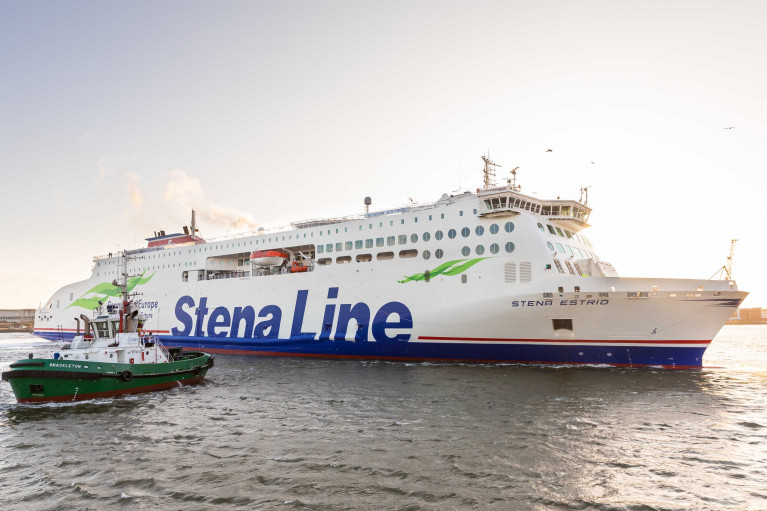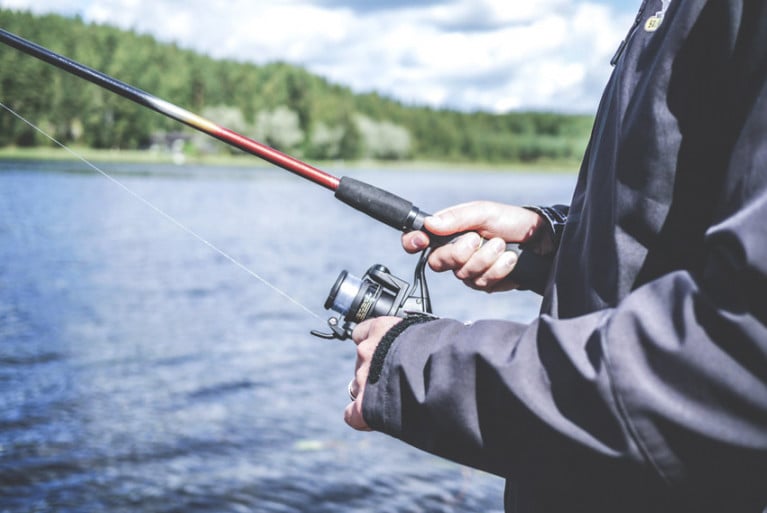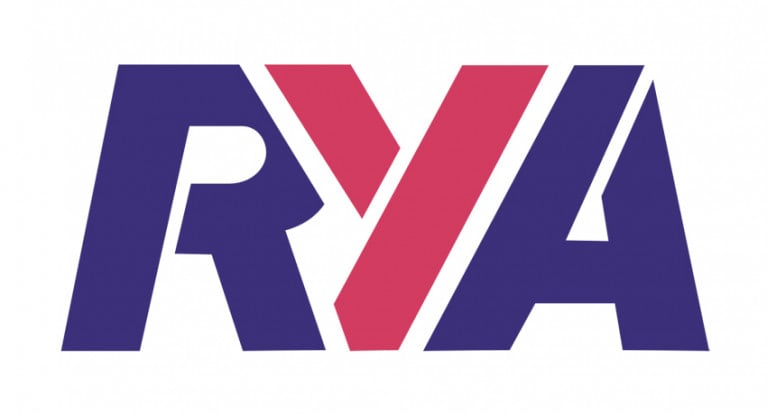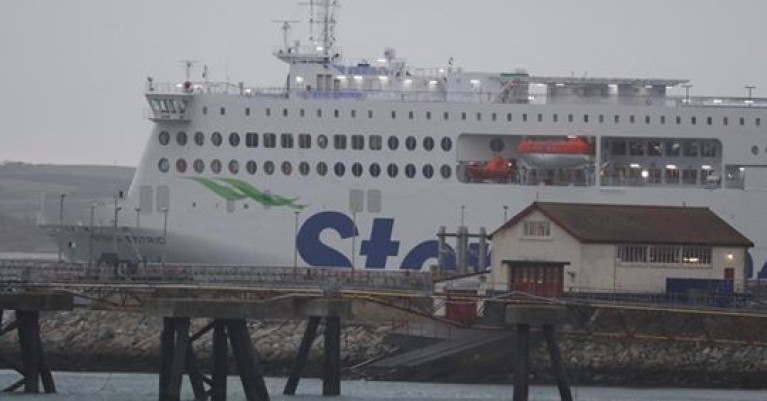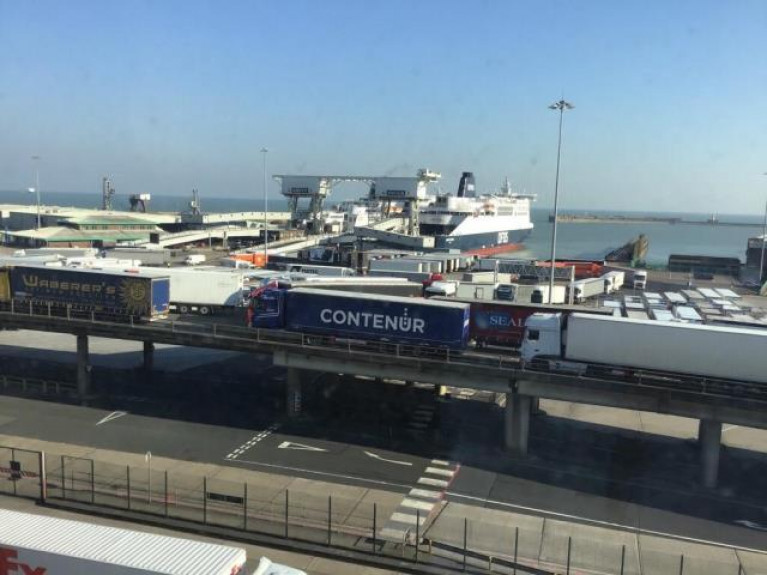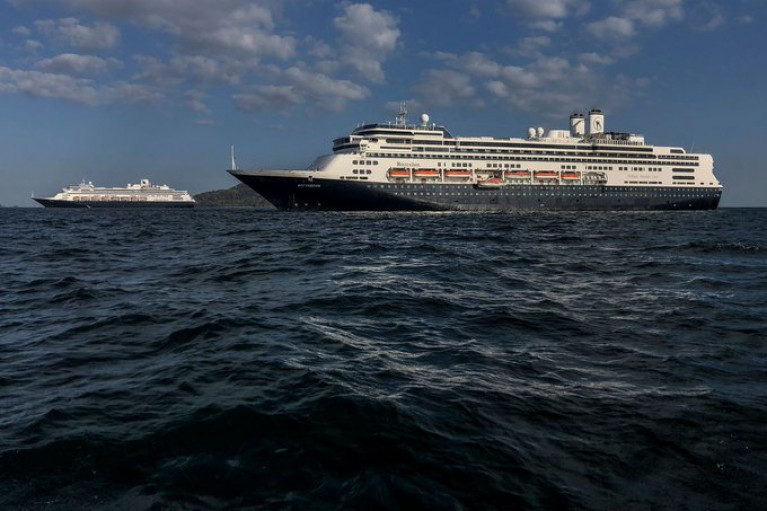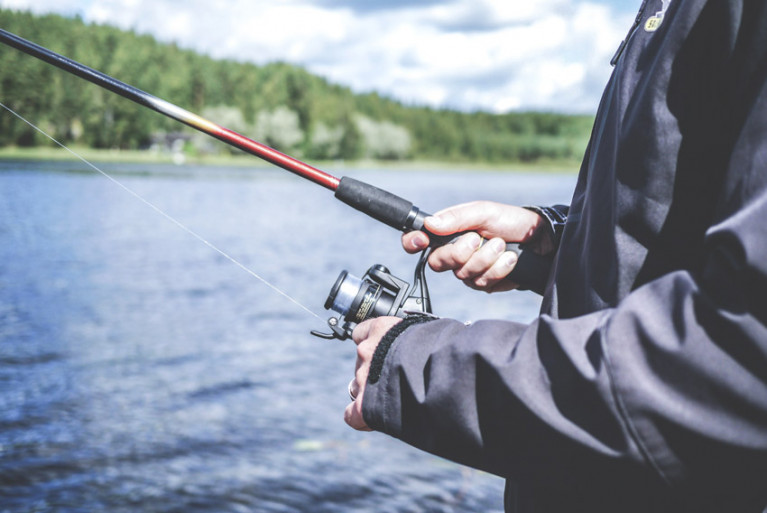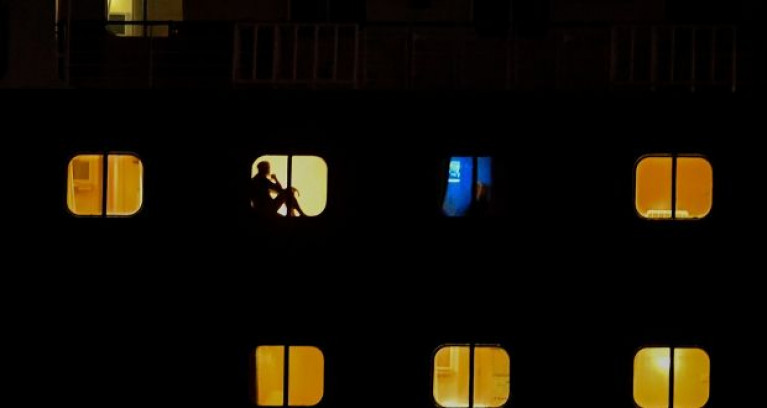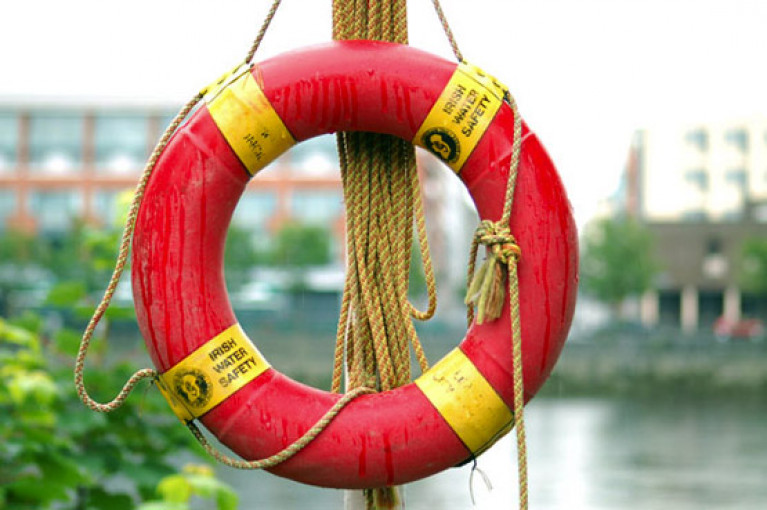Displaying items by tag: COVID19
Ferry firm Stena Line, based in Sweden, will furlough 600 employees and make 150 redundant across the UK and Ireland, it said (yesterday), as a result of the impact of the new coronavirus on the volume of traffic on its routes.
"This urgent measure is an unavoidable response to the on-going global COVID-19 crisis, that has had a hugely damaging effect on travel and transport across Europe," the privately held company said in a statement.
The company said it was experiencing a huge decline in travel bookings and freight volumes and that passenger figures were not expected recover until well into 2021.
"As a result of the significant reduction in revenue, the firm is forced to take tough decisions in order to cut costs and ensure that their vital supply lines of essential goods to the UK and Ireland are protected," it said.
Those who have been furloughed will keep 80% of their salaries, with the company making up the difference in circumstances where the Irish and UK Government schemes don't cover the full amount.
Both shore-based and sea-based employees will be impacted by the furlough decision and redundancies and consultation with unions has begun. The company has already laid off 950 staff in Scandinavia.
For more RTE News reports here.
Loughs Agency chief executive Sharon McMahon has contacted anglers, angling clubs, fisheries and angling governing bodies to update them on the impact of Covid-19.
The letter urges the angling community to follow the guidance provided and to keep up to date with the latest advice from the Public Health Agency (PHA) in Northern Ireland and the Health Service Executive (HSE) in Ireland.
In her letter dated Friday 3 April, McMahon notes the guidance from governments north and south regarding the circumstances where members of the public may leave their homes at this time.
“One of these is to take exercise, either alone or with other members of their household. The only forms of exercise permitted [in the UK at this time] are walking, running or cycling,” she says.
“Angling, like many other forms of recreation, is not specifically mentioned as a form of exercise, therefore we would urge you not to go fishing at this time – this includes Loughs Agency’s permit waters on the River Finn, River Foyle and at the Greenbraes.
“We thank those anglers who are already adhering to this advice and we will continue to review government guidance as it is issued.
“While we hope these restrictions won’t last long, we must all do what is asked of us by government and work together to fight this pandemic.
“This is about saving lives and supporting our healthcare systems and frontline staff. The agency is encouraged by private fisheries closing during this pandemic and heeding government advice.”
The statement from the Loughs Agency comes after Stormont’s fisheries minister Edwin Poots closed all state-owned angling waters in Northern Ireland, with those owned by NI Water following suit.
Loughs Agency offices remain closed but staff are working remotely where possible and anglers can engage by phone or email.
As Derek Evans writes in his latest angling column for The Irish Times, there are as yet no specific restrictions on angling in the Republic, but permit and licence sales have been paused, and “those intending to fish must adhere to the latest precautionary advice on coronavirus”.
Sailing clubs and centres in England are already beginning to benefit from the £22 billion grant and business rates package recently announced by the Chancellor Rishi Sunak, the RYA says.
Businesses in the retail, hospitality and leisure industry, such as RYA-affiliated sailing clubs and recognised training centres, will be eligible for a one-off grant payment dependant on their rateable value.
Those with a rateable value of less than £15,000 will receive £10,000 and those clubs with a rateable value of between £15,000 and £51,000 will be provided with a grant of £25,000.
Business rates in England have also been suspended for the next 12 months — though devolved administrations in Wales, Scotland and Northern Ireland set their own rates, and their measures if any may involve a reduction rather than a suspension.
It is understood that local authorities may be contacting businesses either via letter or by email this week. As the clubhouse is usually the registered business address for sailing clubs, this may cause a delay in receiving notification due to the current travel restrictions.
The RYA suggests that sailing clubs and training centres should contact their local authority and ask for any communication to be sent via email instead, or for any essential letters to be temporarily re-directed to a more convenient address.
IMDO Remains Open For Business With Staff Working Remotely
It’s business as usual at the Irish Maritime Development Office — albeit remotely for now to protect employees, clients and stakeholders amid the ongoing Covid-19 pandemic.
The IMDO says it is firmly committed to supporting the Department of Transport, Tourism and Sport, the Marine Institute and the maritime industry, including the ports and shipping companies, during this turbulent period.
For queries on how the IMDO can assist, get in touch via email [email protected] and you will be put in touch with the right person who can help.
Meanwhile, the IMDO urges everyone to please continue to take every precaution necessary to protect yourself, your family and loved ones, and anyone you interact with.
Seafarers: Stena Line See Pay Offer Withdrawn After Union Took 'Too Long Deliberating'
Operator Stena Line and the Rail, Maritime & Transport Workers (RMT) union have engaged in a war of words after the ferry giant withdrew its previous pay offer due to the coronavirus crisis.
The ferry firm had offered staff a 2.1% increase - which was accepted by port workers but not the crew who work on the vessels sailing on UK routes, including between Holyhead and Dublin.
But Stena said it withdrew the offer on Friday while RMT said it sent its acceptance letter to the offer on Monday.
The RMT said Stena had told them it was partly their fault, as they took "too long deliberating" - comments the union described as "ridiculous".
More the story from NorthWalesLive here.
Launch By British Ports Association of New Covid-19 Info-Hub & Employment Implications for Ports
The UK ports industry undertakes a vital role in Britain's economy, facilitating trade, fuel, energy, fishing, recreation and tourism. All tiers of the UK Government and the industry are committed to ports staying open to help sustain the country during this challenging time.
The British Ports Assocation (BPA) has been working flat-out to support the industry with regular calls and correspondence with the UK and devolved Governments on everything from business support and key workers, to security and fishing. We are also continuing to push for an expansion of testing and protective equipment for ports’ essential key workers.
Given the volume of information and guidance being issued on a daily basis from Government(s) and numerous agencies, the BPA is now signposting all of this content in one place in a clear and concise manner.
Ports have been receiving daily updates on a wide range of topics as they are announced, but the BPA recognise this can be overwhelming so have gathered everything in one place.
In cooperation with the UK Government, the Association will be keeping the hub up to date with the latest Government guidance and information. The BPA represents 86% of the ports by trade volume in the UK and our members manage around 400 ports, harbours and terminals, however this hub is very much open to all.
www.britishports.org.uk/coronavirus
The BPA are closely working with its members to help answer any questions they have and feed any concerns onto government where relevant. Industry best practice is also being developed where processes and procedures need to be amended to take into consideration the new way of working, for example operating pilot cutters and managing vessels whilst taking into account government’s strict new social distancing requirements.
To further support the UK ports sector, the BPA has asked the ports and maritime law firm Hill Dickinson, an Associate Member of the British Ports Association (BPA), to produce a short paper on the employment implications for UK ports as the shipping industry addresses the global coronavirus pandemic.
This paper is part of the BPA’s Port Futures Programme which is a series of papers considering emerging and innovative trends in the port sector. This article is part of a forthcoming wider piece of work from Hill Dickinson and the BPA examining the potential impacts of pandemics on port.
The BPA will be holding an online webinar later this week for its port members that will address the issues outlined in this paper with the support of employment lawyer and Associate Mark Cranshaw from Hill Dickinson.
The BPA’s Corporate Services Manager, Sara Walsh, comments:
”This new information hub is the go-to ports industry resource on coronavirus and we are encouraging those across the sector to share with contacts both internal and external to their organisations.
During this rather unusual and challenging time all UK ports are under a lot of pressure and are having to make difficult decisions about how best to maintain their workforce so critical tasks are performed and legal duties met, whilst also supporting staff who are working at home or are self-isolating.
We are pleased to be working with the ports and maritime law firm Hill Dickinson to produce this short paper and host an online webinar for our members that addresses the various employment implications and challenges for all UK ports.”
Mark Cranshaw, Associate at Hill Dickinson, also adds:
”The vast majority of those working at UK ports are considered to have ‘key worker’ status which provides an exception to the government’s strict social distancing guidance to stay at home and permits travel for work purposes (where work cannot be performed from home). Like many other sectors who have ‘key workers’, this presents as a unique and unprecedented challenge for all UK ports.
Employers are having to consider which roles can be performed remotely, and where this is not possible, implementing procedures for shift working, social distancing and hand washing. Organisations also need to ensure adequate PPE is made available, where appropriate. Ports have a statutory duty to remain open, where it is safe to do so, but must also ensure the protection of all port users, including visitors, workers and employees. Port users should continue to monitor government advice and take advantage of the various support packages available, but organisations should also be mindful of both their statutory and contractual obligations in relation to employees.”
To Download a paper click: employment implications for UK ports
The US President reports RTE News, has said that US authorities will evacuate passengers from a stranded cruise ship which is due to dock in Florida after being barred from several South American countries because of a coronavirus outbreak aboard.
Both the cruise ship Zaandam, where dozens of people have fallen ill, and its sister ship Rotterdam are due to enter US waters early today ahead of their expected docking in Fort Lauderdale.
Around ten Irish citizens remain stranded on board the Zaandam cruise ship.
Mr Trump said the US was "sending medical teams on board the ships" and taking people off, with foreigners sent home.
"We're taking the Canadians off and giving them to Canadian authorities," he said. "Same thing with the UK. But we have to help the people. They're in big trouble."
For more on this development click here.
Stormont Minister Closes Northern Ireland’s Angling Waters In Efforts To Control Covid-19
All DAERA angling waters in Northern Ireland have been closed with immediate effect in efforts to control the spread of Covid-19, as the Newry Times reports.
The confirmation comes from Edwin Poots, Stormont’s Minister for Agriculture, Environment and Rural Affairs, who said: “The message is clear to our anglers, many of whom are in the older age group, stay safe – stay home.”
While NI Water supports the minister’s stance for angling waters under its purview, the Loughs Agency has not yet moved to close the Foyle and Carlingford areas to local anglers.
But it said anglers, angling clubs and fishery owners in advised to adhere to UK Government and Public Health Agency advice and new regulations under which no one may leave their home without ‘reasonable excuse’, such as shopping for food and medicine, or travel for key work.
On board a Dutch flagged cruise ship is where a coronavirus outbreak has occurred with several Irish citizens travelling is expected to dock in Florida, USA in the coming days, the Department of Foreign Affairs and Trade has said.
Four people have died on the MS Zaandam, though it is understood that none of the deceased is Irish.
The ship has 1,243 guests and 586 crew on board.
Dozens of guests have been suffering from influenza-like symptoms, the vessel’s operator said last week when the ship was off the coast of Panama.
For more on the story reports The Irish Times here.
Water Safety Ireland has warned that children are at greater risk of drowning during the current period of Covid-19 restrictions.
The organisation points out that over half a million primary school-age children are confined to an area within 2km of their home.
And in many cases, any number of streams, rivers, canals, ponds, slurry and rainwater collection tanks, bog holes, wells, lakes and the seashore can be found within this distance.
“From our research, six out of 10 drownings occur at inland water sites and eight out of 10 drownings occur close to the victim’s home,” Water Safety Ireland says.
“It is essential that parents maintain constant, responsible and uninterrupted supervision on their children to ensure they don’t gain access to these real hazards.”
The water safety charity added that while children are at home, families can take the opportunity to teach them how to stay safe near water by using the free resources available online from the PAWS (Primary Aquatics Water Safety) programme.
In an emergency, call 112 and ask for the coastguard.



























